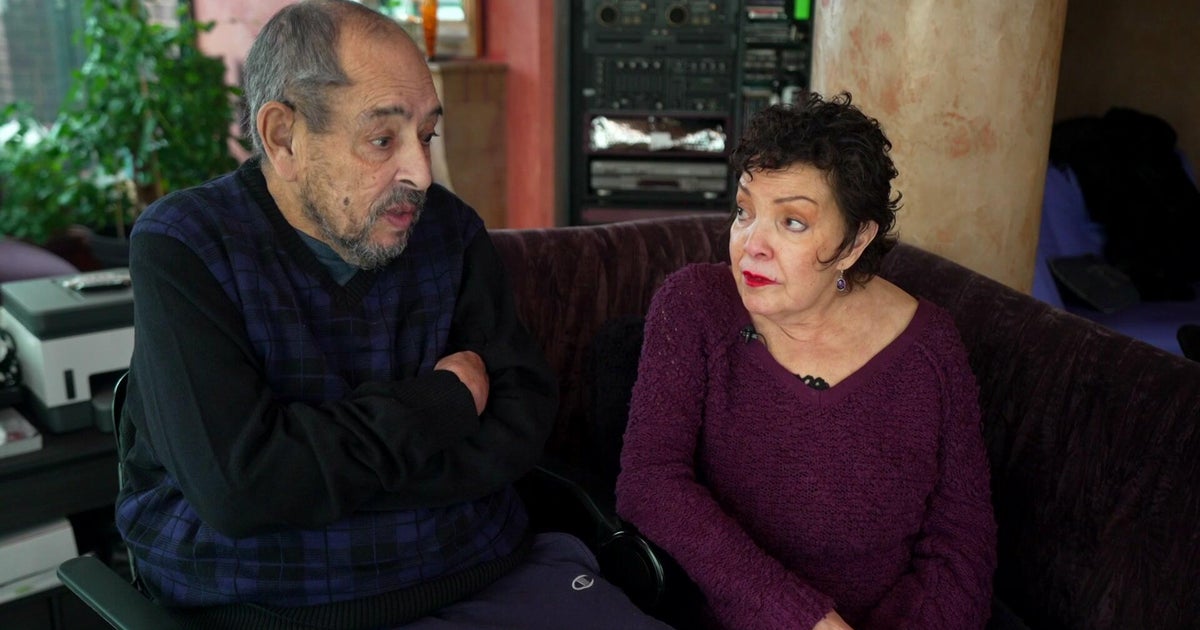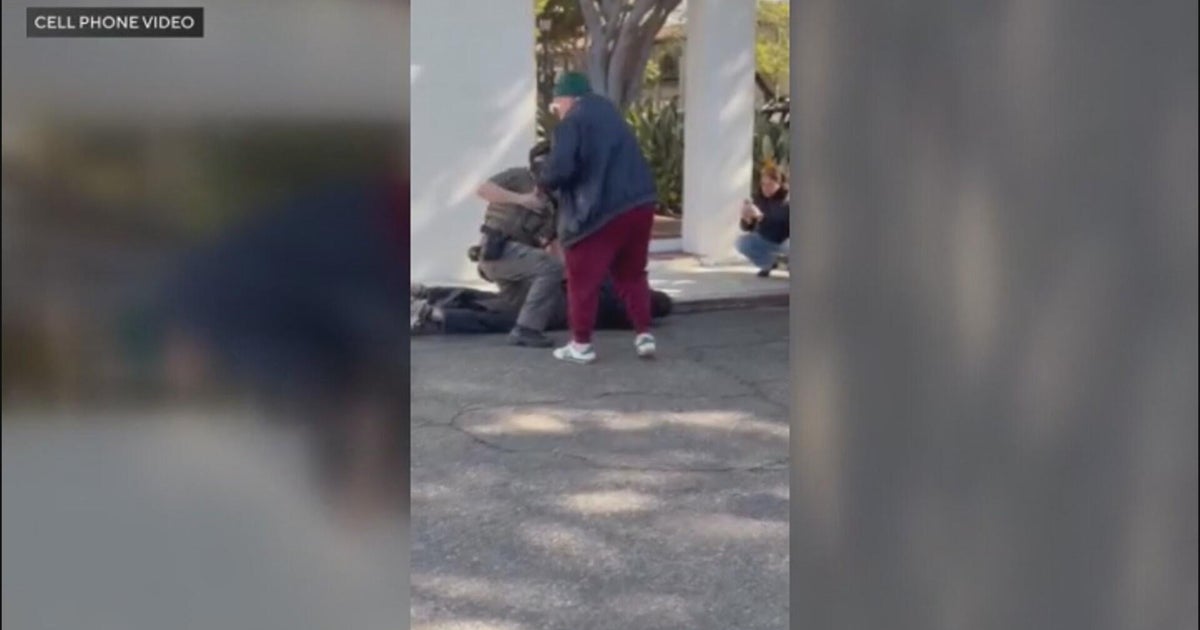Part 2: Elder Fraud, Undetected or Unreported
KYW Regional Affairs Council
"Senior Scams -- How to Protect Your Parents"
.
By Cherri Gregg
PHILADELPHIA (CBS) -- Scams and frauds that exploit senior citizens are becoming more common, and many times the crimes go unreported.
"I know I'm up in age right now, but you have to get up just a little bit earlier if you think you can scam me," says 74-year-old Jeannette Liggons (top photo), a savvy senior. She's heard about "the pigeon-drop," "the grandma," "the lottery," and other scams played on her unknowing peers.
"I've had them call with a scam about winning a trip and all of that, and then when I began to question him, he was ready to hang up on me," Liggons says proudly.
But not all seniors are as perceptive.
"The elderly are vulnerable because oftentimes seniors are home, they're alone, and a lot of time they're isolated and they're looking for some type of interaction," notes Jennifer Braude (right), a victim advocate at the Center for Advocacy of the Rights and Interests of the Elderly ("CARIE").
She says scams have a major financial impact nationwide and can be devastating to the victims: "It is estimated that almost $3 billion per year is taken from seniors [see detailed report]."
Philadelphia police sergeant Joe Cella (below), who supervises the Crimes Against the Elderly Task Force, says he's seen a spike in the financial exploitation of older people -- often by a trusted caregiver "who then betrays that trust by convincing the elder of certain needs with a sob story that is not true. In other instances, they forge the signatures of the elders. They steal their checks, (or) they convince them that they need the PIN number for their debit card."
And the problem is often compounded.
Story continues below photo...
-----
"There is sometimes a reluctance on the part of the elders to prosecute," Cella says.
He advises families to, first, check references and licenses before hiring caregivers for their elderly loved one, and then to remain diligent.
"Visit your loved one and ask them, 'Can I make sure you're caught up on your bills?' " he suggests, advising family members to look for suspicious transactions in the bank account.
Prevention is the best way to prevent elder financial abuse, of course. If you or someone you love would like more information on financial and other schemes that affect seniors, contact CARIE at www.carie.org or 215-545-5728. If you would like information on how you as a caregiver can help your loved one, go to www.caregivergps.org.
Listen to the podcast...







